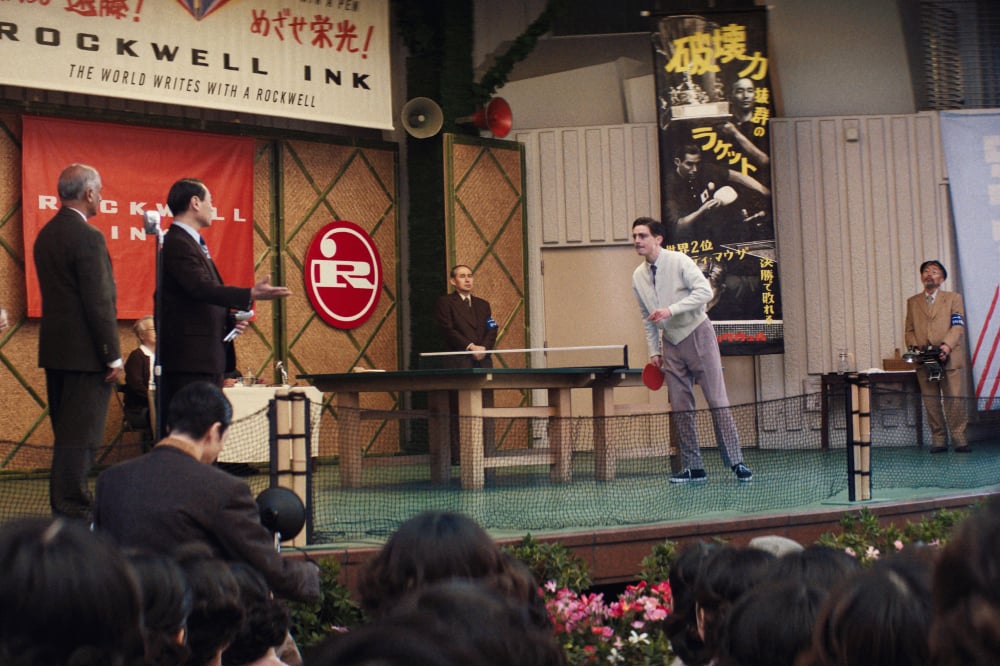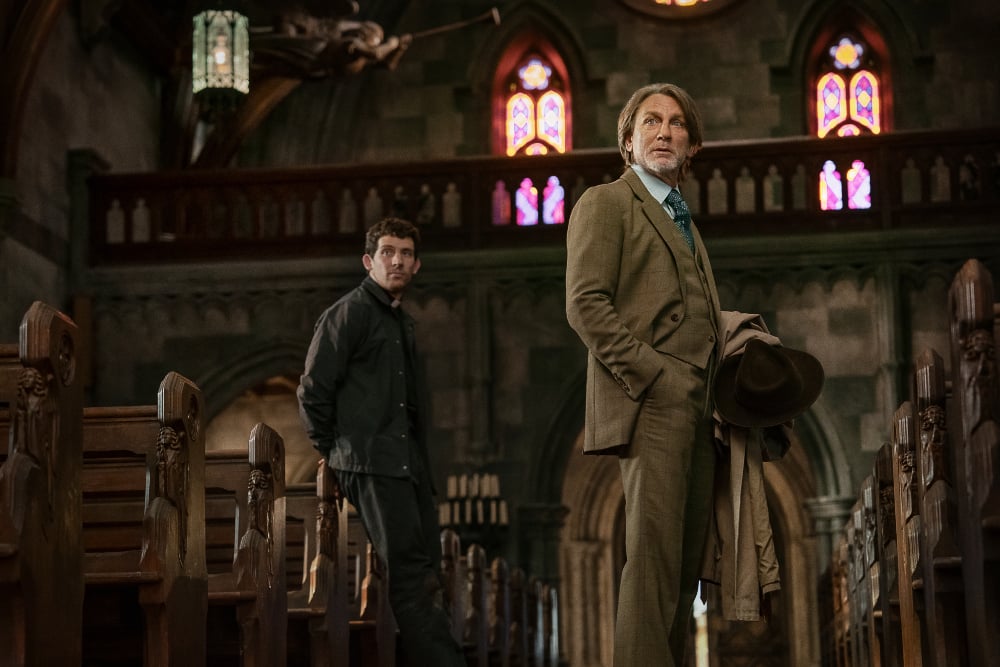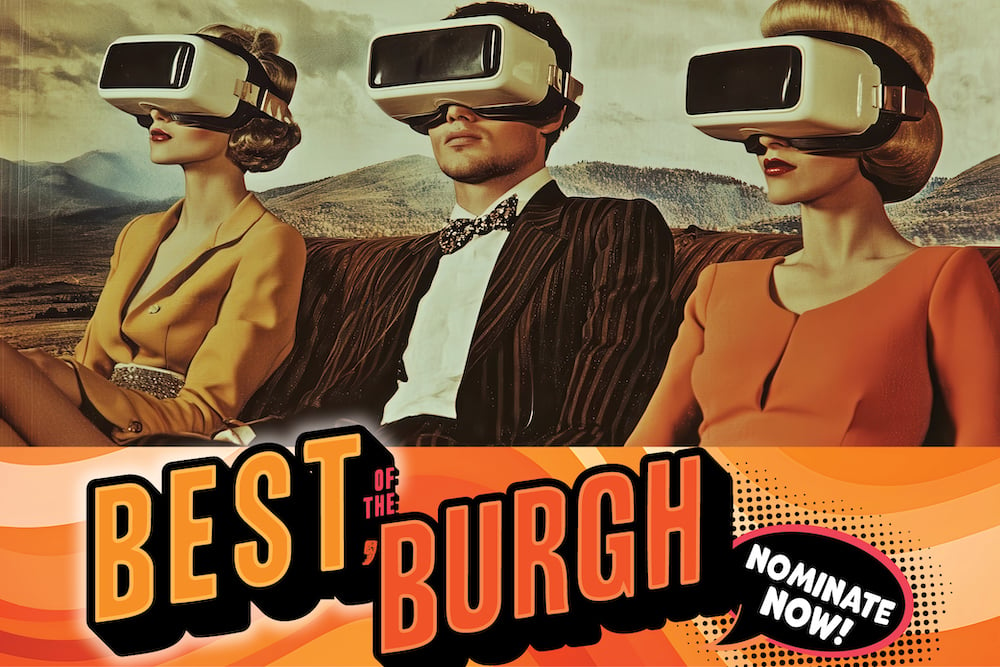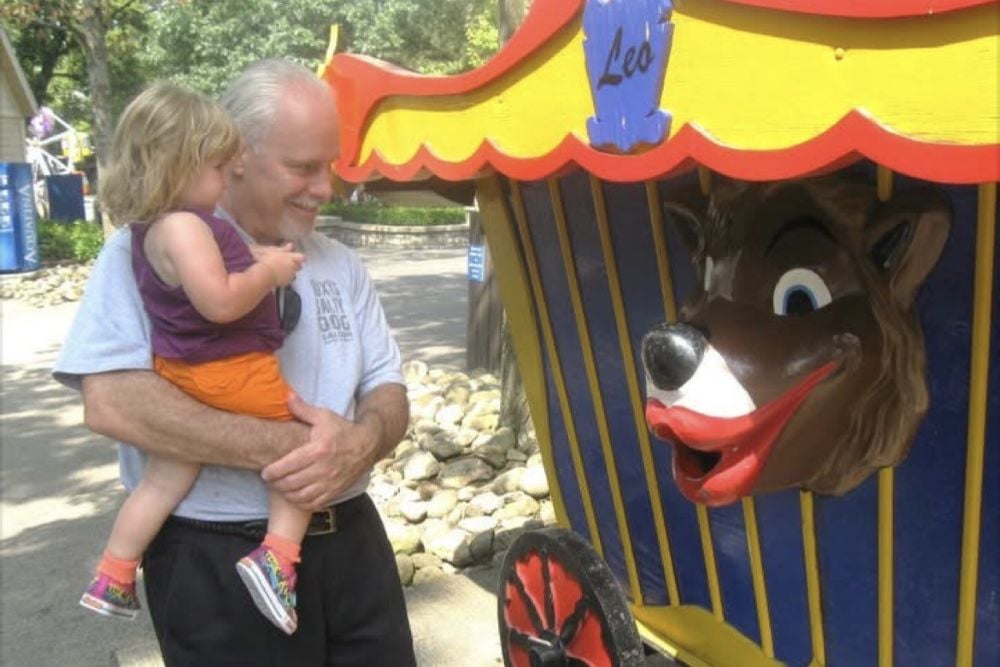It May Be ‘The Grand Finale,’ but ‘Downton Abbey’ Has Hope For the Future
The beloved series gets a wistful but optimistic send-off.
In an era of brashness, crudity and general unpleasantness, the gentleness of “Downton Abbey: The Grand Finale” hits like a drug.
Is the world of the Crawley family and their perhaps-too-agreeable staff overly concerned with manners and propriety? Certainly. Is this a fantasy of generational wealth — one that becomes complicated in 2025, when the only reliable source of money is already having a lot of it? You could say.
Do I care? Not in this case. I just want to watch the nice people be mostly nice to one another — and revel in a world where the absolute height of villainy is a charming con artist.
That smooth talker (an American, naturally) is Gus Sambrook (Alessandro Nivola), who arrives at Downton Abbey in the company of Harold Levinson (Paul Giamatti). Levinson, brother to Lady Crawley (Elizabeth McGovern), is having money troubles and believes that Sambrook, posing as a good-natured financier, can get him back on his feet — with some of the family’s money as capital, of course. Meanwhile, there’s a scandal brewing; word has gotten out that Mary (Michelle Dockery) is divorced, throwing succession plans for the home into doubt and causing no shortage of shocked faces at society functions.
Those dilemmas move the script, from series creator Julian Fellowes, from one moment to the next. Pleasantly, however, the film still makes time for day-to-day moments — Mr. Carson (Jim Carter) struggling to settle into retirement, Daisy (Sophie McShera) asserting herself as cook, a visit from playwright Noël Coward (Arty Froushan). If the ambition of putting “The Grand Finale” in the title indicates a dramatic sendoff, the reality of the film is much more patient.
In fact, the title might be a bit of a misnomer. This is a film that reassures us that new chapters always follow; even as characters move on in one way or another, they speak optimistically of their futures and opine on the delights inherent in the passage of time. If “The Grand Finale” often feels like a wrapping-up, it’s also a statement on the very real possibility of merging modernity with tradition. In this film, progress and propriety can, in fact, get along.
Perhaps, then, there’s more to this than escapist fantasies about a big house full of smiling staff. Maybe “The Grand Finale” contains an instruction: You need not have a title to live well.
My Rating: 8/10
“Downton Abbey: The Grand Finale” is now playing in theaters.













